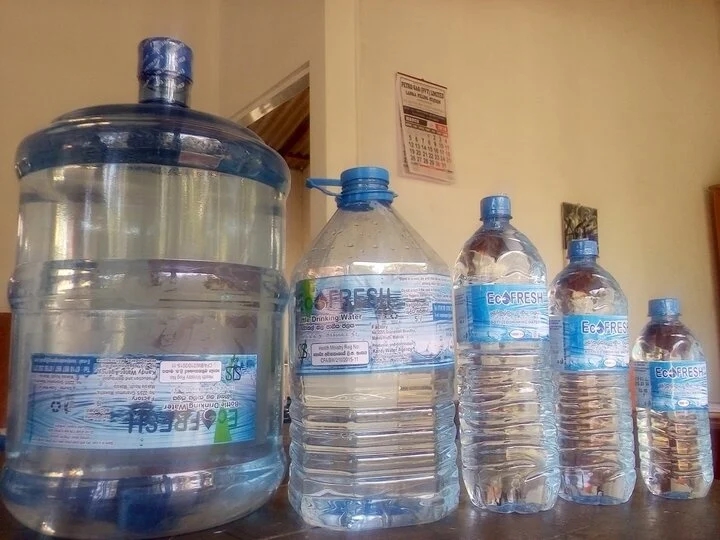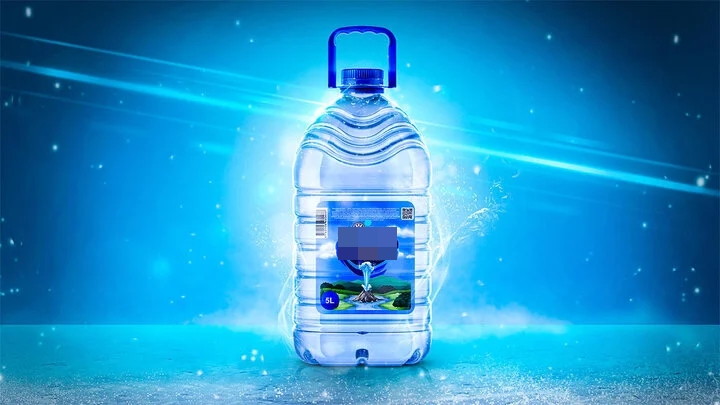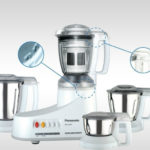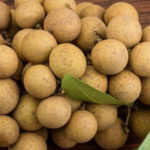Bottled water is a staple in modern life. Its convenience, especially for group living, makes it a popular choice. However, safety is a concern, and understanding how long bottled water can be stored after opening is essential.
How long does bottled water last once opened?
Sealed bottles of water can be safe to drink for several years, but opening the bottle significantly reduces its shelf life. When exposed to air, the surrounding environment, and contact with hands and mouths, the water is no longer safe.
Generally, the shelf life of bottled water or mineral water is one year, but the storage time after opening is relatively short. It is best not to consume it beyond this period.

How long can bottled water be stored after opening? (Photo: Svauto)
For unopened bottled water stored correctly, the shelf life is approximately six months. Natural spring water doesn’t have an expiration date, but treated water is best consumed within six months. This is because carbon dioxide in the air reacts with the water, making it acidic over time.
Therefore, six months is the ideal period for bottled water to maintain its quality and safety for consumption. Beyond this, the water’s quality may deteriorate, impacting its health benefits.
Once opened, bottled water has a maximum shelf life of 15 days, but it is best consumed within a week. Opening the bottle exposes the water to air and potential bacterial contamination. Prolonged exposure may result in bacterial and viral infections, affecting the water’s quality and safety.
It is recommended to consume mineral water quickly after opening for maximum purity. If necessary, store opened bottles in the refrigerator to slow bacterial growth. According to experts at Still Tasty, continuously chilled water can maintain its quality for four to six days after opening.
Proper Bottled Water Storage

The shelf life of bottled water largely depends on storage conditions and methods. Improper storage may result in a shorter shelf life, less than six months. (Photo: Elkelindenthal.de)
The shelf life of bottled water largely depends on storage conditions and methods. Improper storage may result in a shorter shelf life, less than six months.
Bottled water should be stored in a cool, dry place, away from direct sunlight. Heat can cause the water to warm, allowing harmful chemicals from the bottle to leach into the water.
Ensure the storage area is well-ventilated, clean, and free from standing water to prevent bacterial reinfection.
Always read the usage instructions and expiration dates to ensure you are consuming the highest quality water.
Advantages and Disadvantages of Bottled Water
Bottled water is a convenient way to provide drinking water for individuals, restaurants, and cafes. It is available in bottles or jugs, making transportation and storage easy.
Advantages
– Bottled water is highly convenient. It is readily available at grocery stores and can be used without additional filtration.
– The packaging makes transportation and storage easy and convenient.
– Various types of bottled water are available, including mineral water and purified water, in different sizes ranging from 5 to 20 liters, catering to different preferences and needs.
However, not all bottled water brands are equally safe. Reputable brands follow strict filtration and sanitization processes, but many substandard brands do not meet hygiene standards, compromising water quality. Therefore, it is essential to choose trusted brands to ensure the safest and highest-quality water.
Disadvantages
– Water quality may be compromised: While reputable brands ensure strict filtration and sanitization, many substandard brands do not meet hygiene standards, and it is challenging for consumers to determine the safety of the water.
– Costly: Providing bottled water for large groups or families over an extended period can be expensive.
– Environmental impact: Bottled water contributes to plastic waste, affecting the environment if not recycled or disposed of properly.
Explore 12 Amazing Destinations for Biking Trips
Unlock Vietnam in a brand new way with an exciting biking tour! Discover the stunning beauty of the country with Dien May XANH’s top 12 must-see destinations. From sweeping plains to clear blue beaches and mountainous vistas – experience all the sights with your own personal cycling tour. Find your ideal route and set out for an adventure today!




































